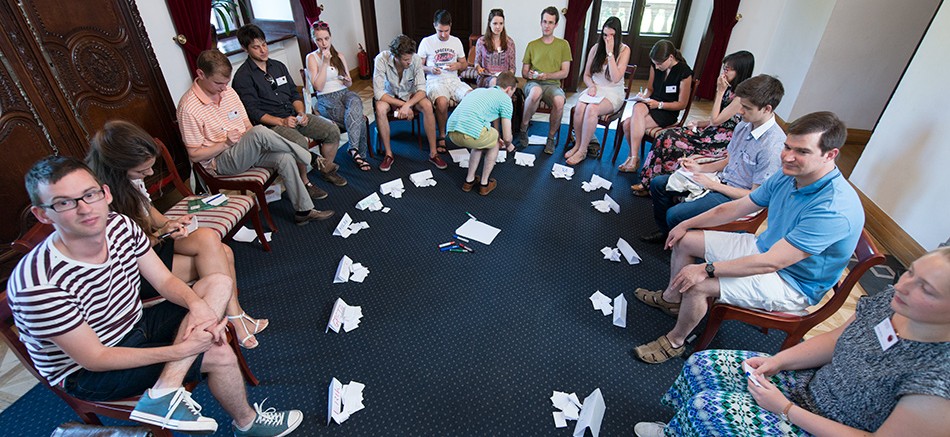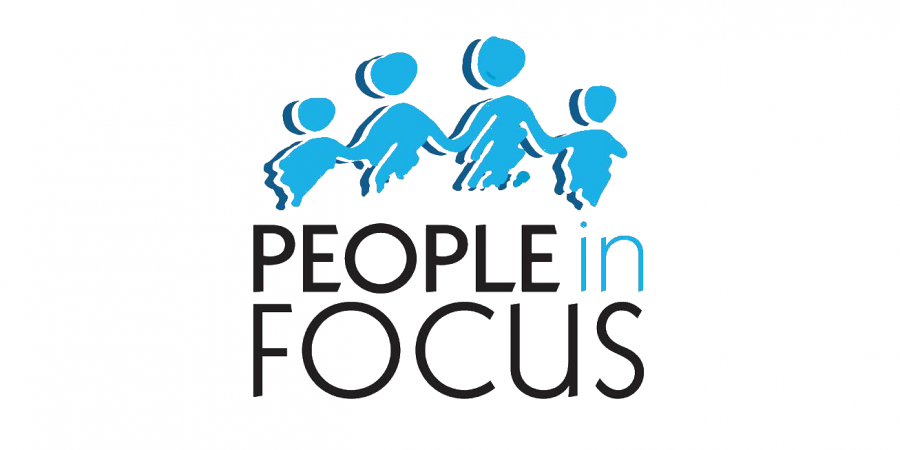
“Crisis in EU is the effect of lack of social imagination and an ability to find connections between macroeconomics and national interest” – said Wiesław Gumuła at the end of the first week of Visegrad Summer School lectures.
Professor Gumuła stressed that applying the social perspective could help to identify a more profound meaning of the evolution of the world finance, because a new social world emerges and to a great extent this world is shaped by financial factors. Money is a social relation that is why it should be analyzed in a sociological perspective. The dominance of finance over the real economy causes that direct relations are replaced by indirect ones. This process is called “the financialization of society”.
“No law forbids egoism” – stressed the expert. He mentioned also that the new social environment is the arena conducive for destroying fundamental moral ties such as trust, loyalty, solidarity and reciprocity. What is more moral cowardice seems to becoming popular in all domains of social life and the rule of fair play was replace by a tactical foul.
At the end of the lecture professor Gumuła stressed – “It is not my goal to criticize latest changes in finance in themselves. The social problem comes from the fact that cultural changes do not keep up pace with financial changes. The erosion of axiological space of human existence is indeed bad news”. Fortunately, the world evolution of finance and recent financial crisis gave birth to “intellectual ferment and moral outrage amid economists, sociologists and the whole of society”.
The myth of German hegemony
The second part of lectures was dedicated to the role of Germany in nowadays EU finance crisis. Kai-Olaf Lang, research fellow at the German Institute for International and Security Affairs of the Stiftung Wissenschaft und Politik, stressed that in the soft powers rankings Germany was the first one. “There is a willingness to include Russia in EU economic cooperation but latest events narrows the diplomatic corridor” – he said.
During the discussion participants were wondering, if German ordoliberalism can save the effectiveness of Eurozone. Standing to not well-designed monetary union was the example of the EU greatest failure. “Who would win: soft power or hard power?” – asked the participants about Ukrainian crisis. This controversial question started a debate about the ability to end the conflict.
The first week of Visegrad Summer School ended with optional individual career coaching sessions with Olga Maksymenko.












